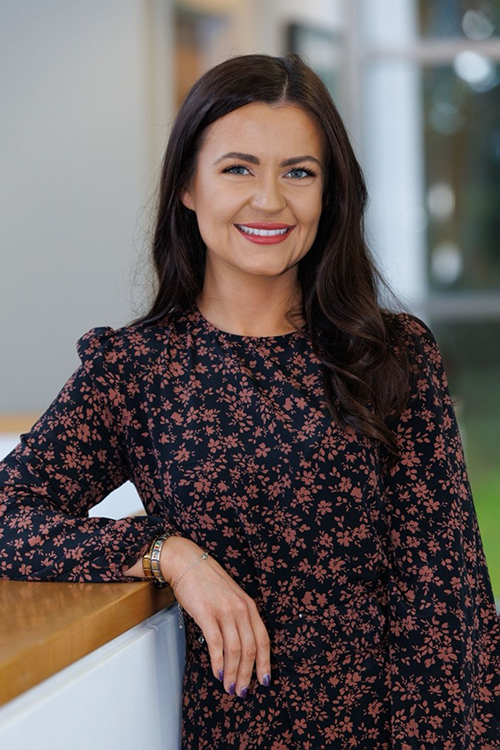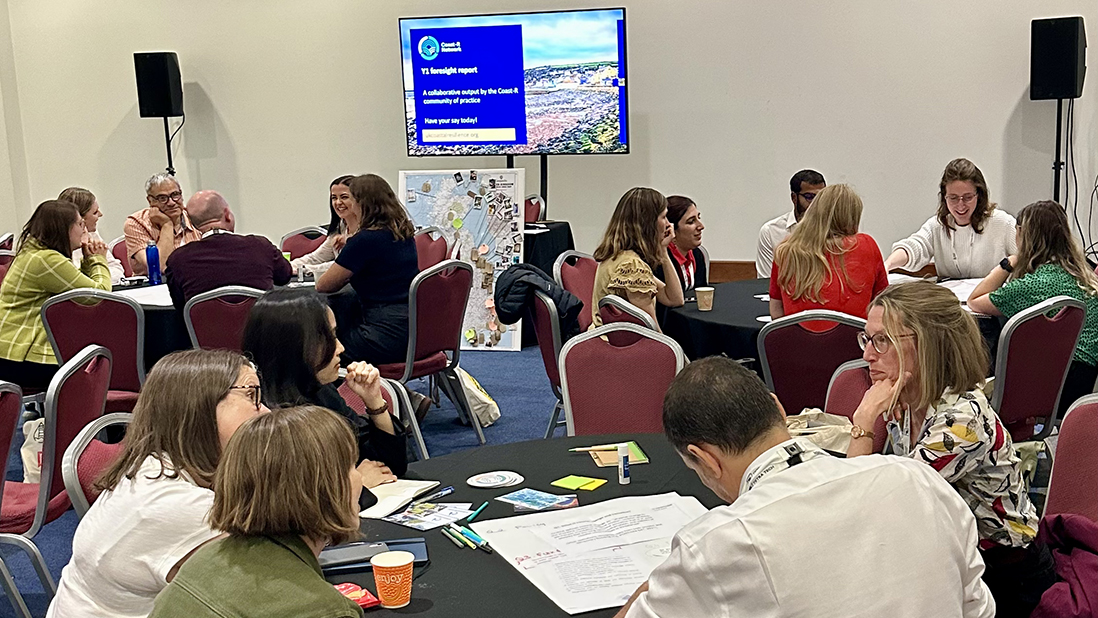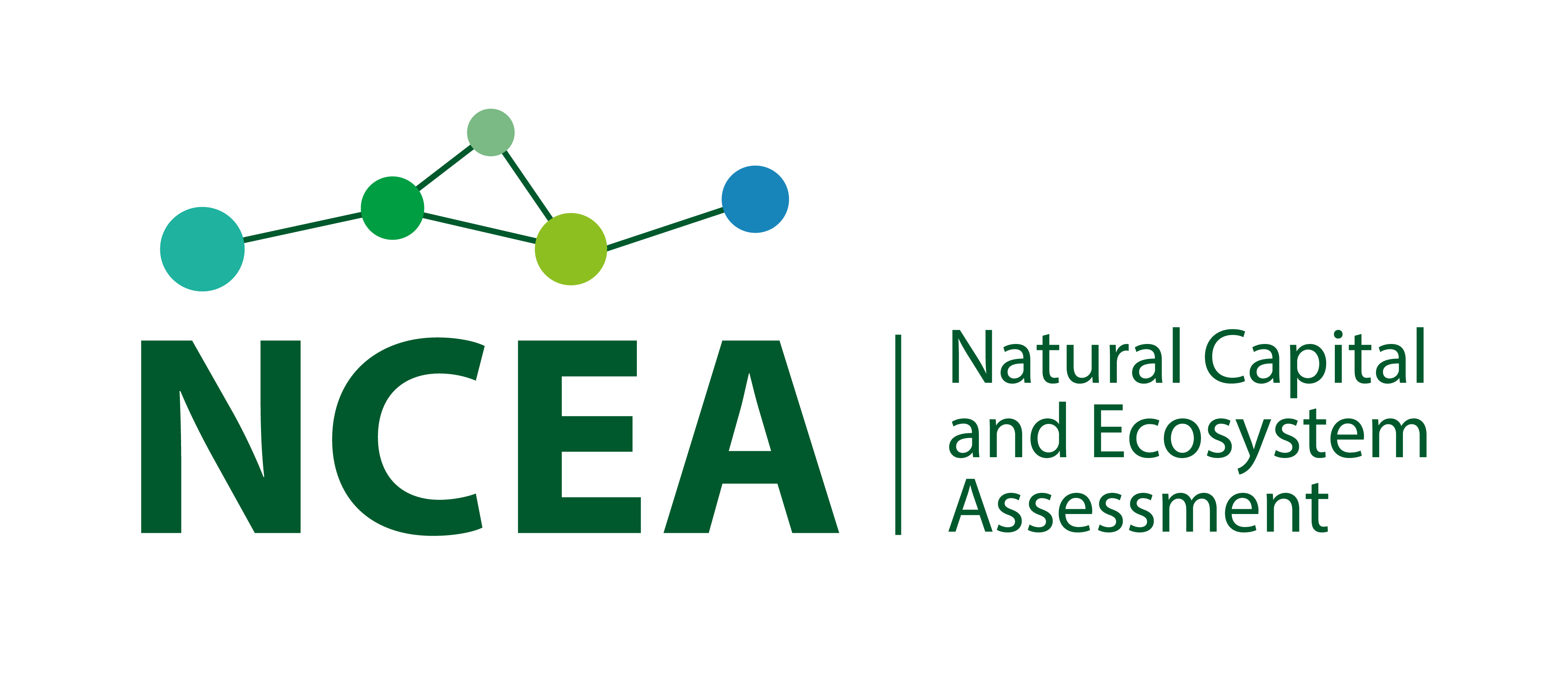Amy McCarron is a Research Fellow working on the Resilient Coastal Communities and Seas (ReCCS) programme-funded TRANSECTS project. Here, she introduces herself and reflects on attending Flood & Coast 2025 for the first time.

I’m a Research Fellow on the TRANSECTS project, where my work focuses on the “just transitions” dimension of marine energy transitions. This includes exploring the historical shift away from whaling and whale oil toward oil and gas, as well as the ongoing transition toward marine renewable energy.
I’m currently helping to develop comparative case studies that examine how these energy transitions have shaped – and continue to shape – coastal communities, and how fair and inclusive the processes behind them have been.
My research draws on both historical analysis and participatory approaches to understand lived experiences of change over time.
Earlier this summer, I had the opportunity to attend Flood & Coast 2025 at the Telford International Centre, representing the Coast-R Network and helping raise the visibility of the TRANSECTS project. Having started in my role just a few weeks earlier, it felt like a great opportunity to meet others involved in the Coast-R Network, connect with other ReCCS project teams and get a better sense of how everything fits together. Spanning three days, Flood & Coast brought together professionals from across the UK’s flood and coastal sector – including policymakers, researchers, consultants and practitioners – to explore new approaches to resilience, adaptation and innovation.
My main role at the conference was to manage the Coast-R exhibition stall. The exhibition floor was busy throughout, and we saw a steady stream of visitors. Some attendees stopped by out of curiosity as they moved through the space, while others made a point of coming to find us. It was a great opportunity to speak directly with a wide variety of delegates, introduce them to the ReCCS programme, the Coast-R Network and the individual research projects, including TRANSECTS. Many visitors were keen to learn more and sign up to the Coast-R Network, resulting in several dozen new members from across a broad range of sectors and disciplines – a strong indication of the cross-sector interest in the Network’s aims.
In addition to engaging with delegates, I also found real value in connecting with other exhibitors. Conversations with representatives from other networks offered helpful insights into the different ways they support engagement and build community. It was interesting to learn about the variety of formats being used and to reflect on how ideas like these might help strengthen networks like Coast-R, particularly in creating more opportunities for peer connection and informal exchange among early career researchers like me.
My highlight of the event was the Coast-R workshop held on Day 2, which focused on collaborative enquiry and community priorities around coastal change and resilience. Using interactive poster tools and group-based discussion prompts, the session invited participants to reflect on definitions of coastal change, explore policy strengths and gaps across the UK and identify key funding priorities for low-cost interventions. The session attracted a good mix of participants and sparked lively, thoughtful discussions around the key questions we posed. The outputs from the session are now being reviewed and analysed, and findings will be shared in due course.
The event as a whole offered a valuable opportunity to raise the profile of Coast-R, connect with a wide range of stakeholders and gather fresh perspectives on the challenges and priorities facing coastal communities. Being part of Flood & Coast gave me a better understanding of how our work sits within the wider landscape, not just in terms of academic research, but also how that research is landing with those delivering policy and practice on the ground. It was particularly encouraging to hear enthusiasm for greater collaboration and knowledge-sharing across sectors, something that aligns closely with Coast-R’s aims. Whether through formal conversations during the workshop or impromptu chats on the exhibition floor, there was a real appetite for joined-up thinking and more inclusive approaches to coastal resilience. I left the conference with new connections, a renewed sense of the value of the Coast-R Network and some useful food for thought as we look ahead to the next phase of the TRANSECTS project.
Read this introduction to Amy McCarron and her fellow Postdoctoral Researchers on the TRANSECTS project website.














